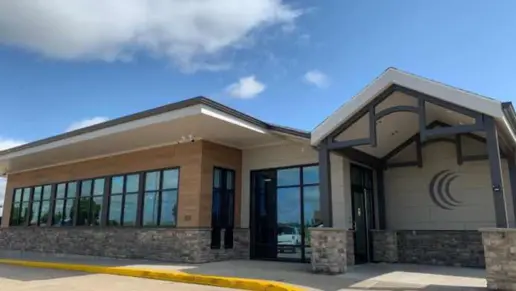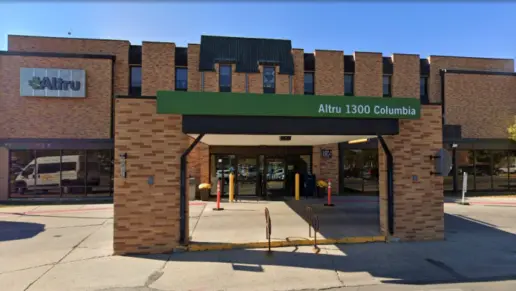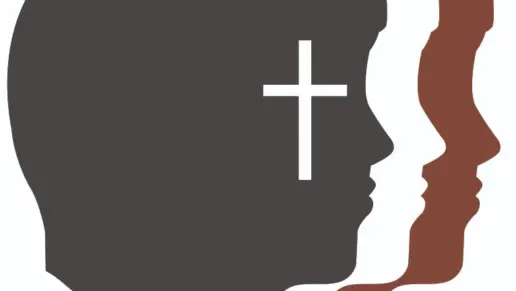About LRHSC – Crisis Residential Unit
LRHSC–Crisis Residential Unit provides intensive, inpatient mental and behavioral health care for adults in Devils Lake, North Dakota. They specialize in acute care and patient stabilization, with dedicated services for clients with co-occurring addiction and mental illness. Their primary treatment modalities include psychotherapy and recovery focused life skills training.
LRHSC–Crisis Residential Unit, in Devils Lake, North Dakota, is an inpatient, acute care facility for adults with mental illness and/or addiction. They offer crisis intervention and patient stabilization services, including specialized programming for persons with co-occurring addiction and mental illness.
LRHSC’s crisis residential drug rehab program allows clients to focus on their recovery in a highly structured and supportive environment featuring premium amenities, including a residential setting and private transportation. Clients receive medical and mental health assessments, personalized care plans, comprehensive case management, and round the clock clinical supervision. They also engage in intensive, trauma informed individual, group, and family counseling. The program prioritizes recovery focused life skills training, including courses in coping, self care, wellness, and relapse prevention.
Aftercare planning and support are included to facilitate clients’ transition from acute inpatient care to standed inpatient, sober living, or outpatient programs.
LRHSC–Crisis Residential Unit is state licensed and accepts private insurance, military insurance, Medicare, Medicaid, and self pay. Financial aid is available.
Rehab Score
Other Forms of Payment
Self-pay involves paying for treatment out of your own pocket. You can use savings or credit, get a personal loan, or receive help from family and friends to fund your treatment. If you don't have insurance or your insurance plan doesn't cover a specific program, self-pay can help ensure you still get the care you need.
Financial aid can take many forms. Centers may have grants or scholarships available to clients who meet eligibility requirements. Programs that receive SAMHSA grants may have financial aid available for those who need treatment as well. Grants and scholarships can help you pai for treatment without having to repay.
Sliding scale payments are based on a client's income and family size. The goal is to make treatment affordable to everyone. By taking these factors into account, addiction recovery care providers help ensure that your treatment does not become a financial burden to you or your family, eliminating one barrier to care.
Medicaid is a state based program that helps lower-income individuals and families pay for healthcare. Medicaid covers addiction treatment so those enrolled can use their coverage to pay for rehab. When a program accepts Medicaid the client often pays very little or nothing out of their own pocket.
Military members, veterans, and eligible dependents have access to specific insurance programs that help them get the care they need. TRICARE and VA insurance can help you access low cost or no cost addiction and mental health treatment. Programs that accept military insurance often have targeted treatment focused on the unique challenges military members, veterans, and their families face.
Medicare is a federal program that provides health insurance for those 65 and older. It also serves people under 65 with chronic and disabling health challenges. To use Medicare for addiction treatment you need to find a program that accepts Medicare and is in network with your plan. Out of pocket costs and preauthorization requirements vary, so always check with your provider.
Private insurance refers to any kind of healthcare coverage that isn't from the state or federal government. This includes individual and family plans offered by an employer or purchased from the Insurance Marketplace. Every plan will have different requirements and out of pocket costs so be sure to get the full details before you start treatment.
Addiction Treatments
Levels of Care
Treatments
Mental health rehabs focus on helping individuals recover from mental illnesses like bipolar disorder, clinical depression, anxiety disorders, schizophrenia, and more. Mental health professionals at these facilities are trained to understand and treat mental health issues, both in individual and group settings.
Programs


Clinical Services
Research clearly demonstrates that recovery is far more successful and sustainable when loved ones like family members participate in rehab and substance abuse treatment. Genetic factors may be at play when it comes to drug and alcohol addiction, as well as mental health issues. Family dynamics often play a critical role in addiction triggers, and if properly educated, family members can be a strong source of support when it comes to rehabilitation.
Group therapy is any therapeutic work that happens in a group (not one-on-one). There are a number of different group therapy modalities, including support groups, experiential therapy, psycho-education, and more. Group therapy involves treatment as well as processing interaction between group members.
In individual therapy, a patient meets one-on-one with a trained psychologist or counselor. Therapy is a pivotal part of effective substance abuse treatment, as it often covers root causes of addiction, including challenges faced by the patient in their social, family, and work/school life.
Amenities
-
Residential Setting
-
Private Setting
-
Private Transportation
Contact Information
106 3rd Avenue West
Devils Lake, ND 58301


